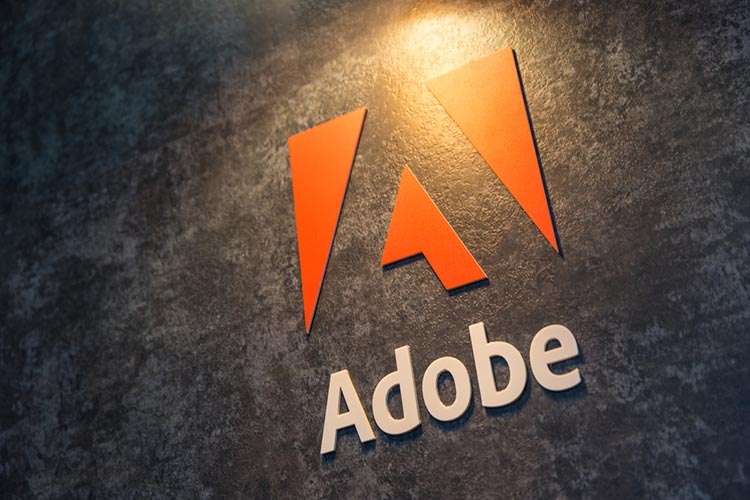
Marc Levoy, the man widely credited as the brains behind Google’s ‘computational photography’ algorithm, has left the company to join fellow Silicon Valley software powerhouse, Adobe. Levoy, who joined Google in 2014, also reportedly worked on the Google Glass Explorer Edition. He’s joined Adobe as a ‘Vice President and Fellow’, and will reportedly be working on the ‘Universal Adobe Camera App’. He will also work on Photoshop Camera, computational photography and other research projects at the company.
Levoy reportedly started working at Adobe at the start of July. However, the news was only reported a few hours earlier by Android Authority’s David Imel. According to him: “Marc Levoy, who previously led Computational Photography at Google has just joined Adobe as a VP and fellow to work on CP initiatives, as well as a Universal Adobe Camera App. He’ll be working on the Photoshop Camera, research and sensei teams”. Levoy’s LinkedIn profile also reflects the change.
Holy hell.
Just got word that Marc Levoy, who previously led Computational Photography at Google has just joined @Adobe as a VP and fellow to work on CP initiatives, as well as a "Universal Adobe Camera App" 👀
He'll be working on the Photoshop Camera, research and sensei teams
— David ImeI (@DurvidImel) July 20, 2020
At Google, Levoy led the team that developed the computational photography algorithm used in Google’s Pixel smartphones. The technology is behind features like Night Sight, Portrait Mode and HDR+. With the Pixel 4, Google also leveraged the software to introduce a new ‘Astrophotography’ feature that allows users to capture the starry night skies in all their glory. The Astrophotography Mode was first introduced with the Pixel 4 last year. It has since been rolled out to other Pixel devices, including the Pixel 3 and Pixel 3a. The feature is also expected to be available out-of-the-box in the upcoming Pixel 4a.










